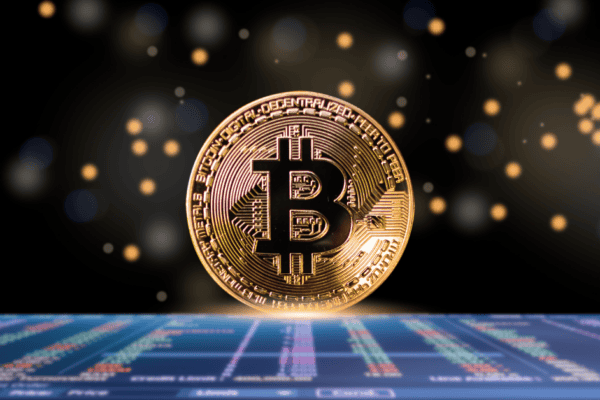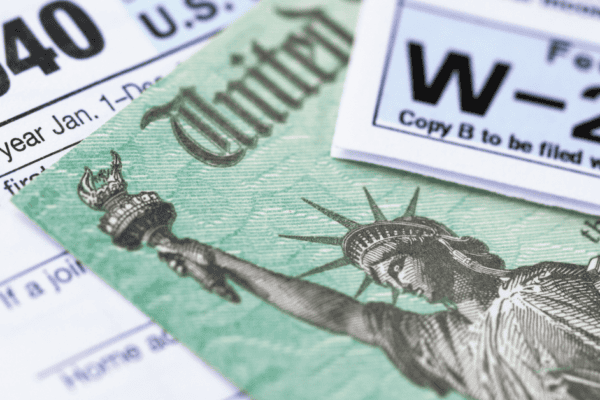One of the most underrated risks for investors today is inflation. Most likely, that is due to the recency bias all of us tend to exhibit. The fact that inflation has been tame for the last 30 years leads many to think that this will continue indefinitely. While inflation was averaging over 10% in the 1970s and 1980s, the last 10 years have seen inflation in the US at a meager 1.42%. That means that on average, most stuff we buy (groceries, cars, homes, etc.) is only experiencing modest increases in price. A recent news article from Time Magazine caught my eye, showing the extreme destruction that rampant inflation can cause:
“The once wealthy oil-producing nation of Venezuela is in the grips of a five-year crisis that leaves many of its people struggling to find food and medicine, while driving masses across the border for relief into neighboring Colombia and Brazil.
Shortages in electricity, domestic water and public transportation plague millions of Venezuelans, who also confront high crime, the IMF noted.
If the prediction holds, Venezuela’s economy will contract 50 percent over the last five years, Werner said, adding that it would be among the world’s deepest economic falls in six decades.”
I am not implying the US will turn into a third-world country, but even modest amounts of inflation can impact the economy and financial assets in ways we have not seen for decades. Here are some of the key ways to think about combating an inflationary environment:
- Avoid holding large amounts of cash– as inflation takes hold, cash loses purchasing power. In extreme examples like this one in Germany after WW1, people were using their cash as kindling.
- Ensure you own assets that hedge against inflation– stocks, real estate, commodities, and treasury inflation-protected securities (TIPS) all tend to protect investors in an inflationary environment.
- Debt can be your friend– this is one of the few times debt can be advantageous. As the cost of everything tends to rise with inflation, traditional debt payments (like a mortgage or car payment) stay constant. Inflation allows you to pay off your fixed debts with future dollars worth less than they are today. One item to note- we are not recommending investors increase their leverage. They should understand that if inflation does take hold, having debt that is not paid off may not be entirely bad.
- Stay diversified– no one knows if we’ll experience inflation, deflation, or stagflation in the coming years, so portfolios should include assets that perform well in each of those environments.
- Be careful about gold– many people think that gold is a great hedge against inflation. And while that may be true of the type of hyper-inflation Venezuela is experiencing, it may be less effective in more modest (but impactful) inflationary periods we have seen in the US. For example, in looking at some of our high inflation periods, we found that gold was at best volatile during these periods. For example, from September 1980 to September 1981, inflation grew at 11% while gold lost 37%. While gold performed well over the entire inflationary period, investors would have had to deal with multiple periods of 25+% annual losses.
No one knows what the future holds, but having a portfolio that can endure different economic and market environments is key. If you’d like to understand how your portfolio is positioned for these different economic periods, feel free to get in touch with us here.



